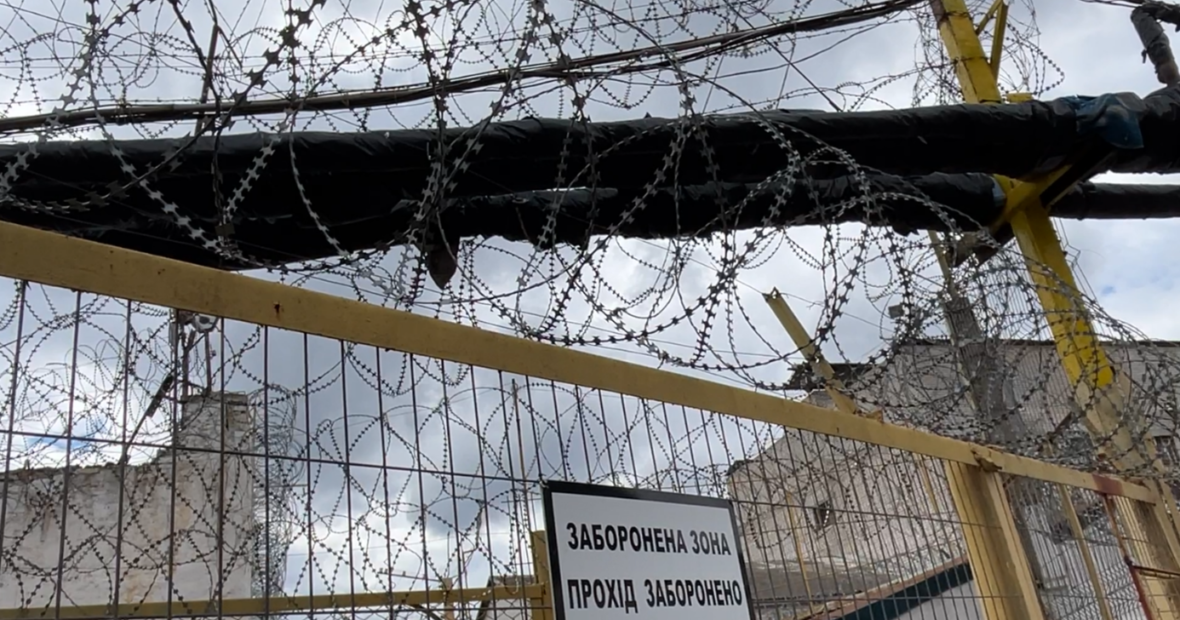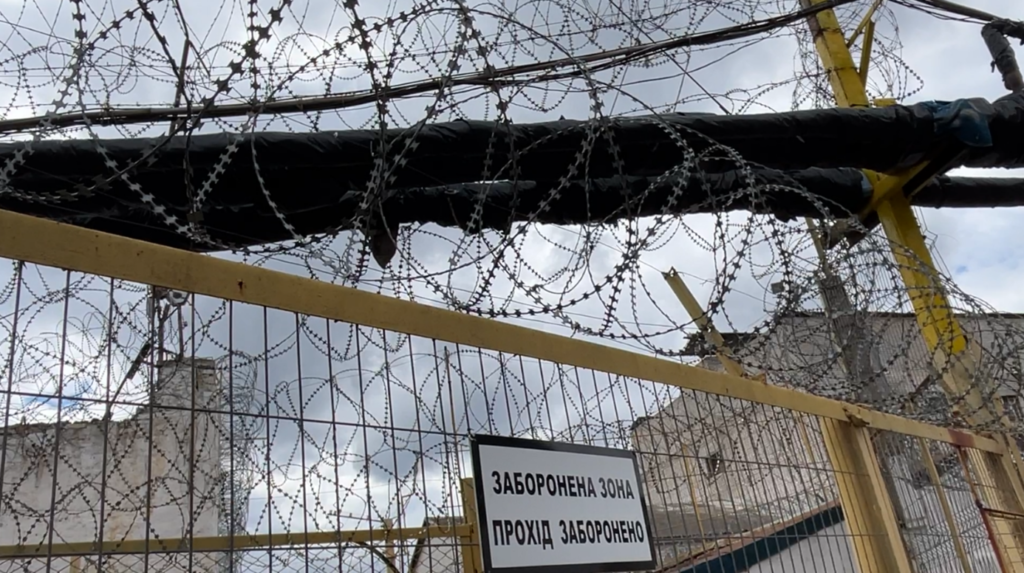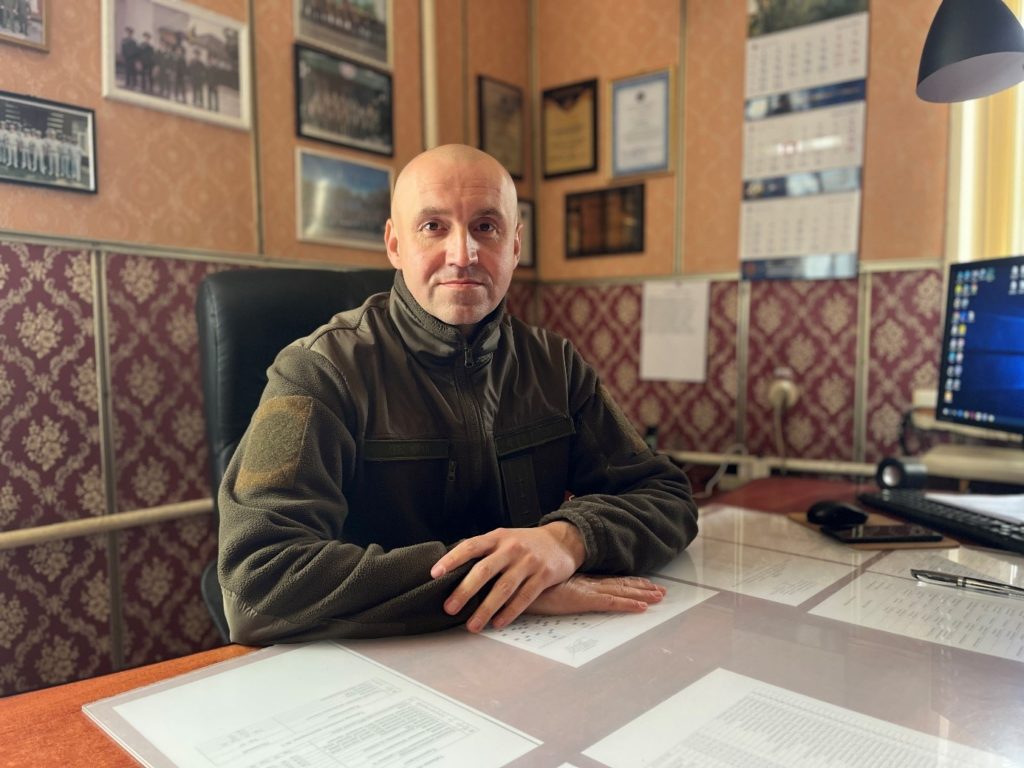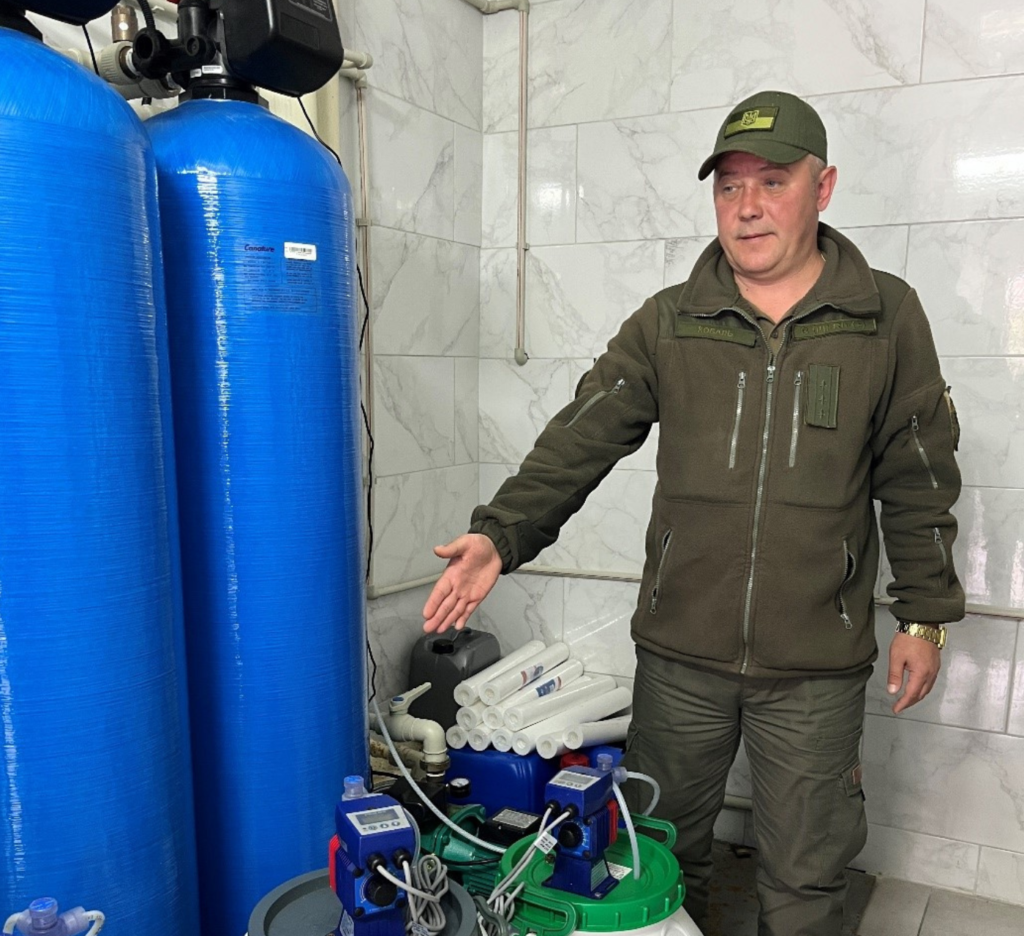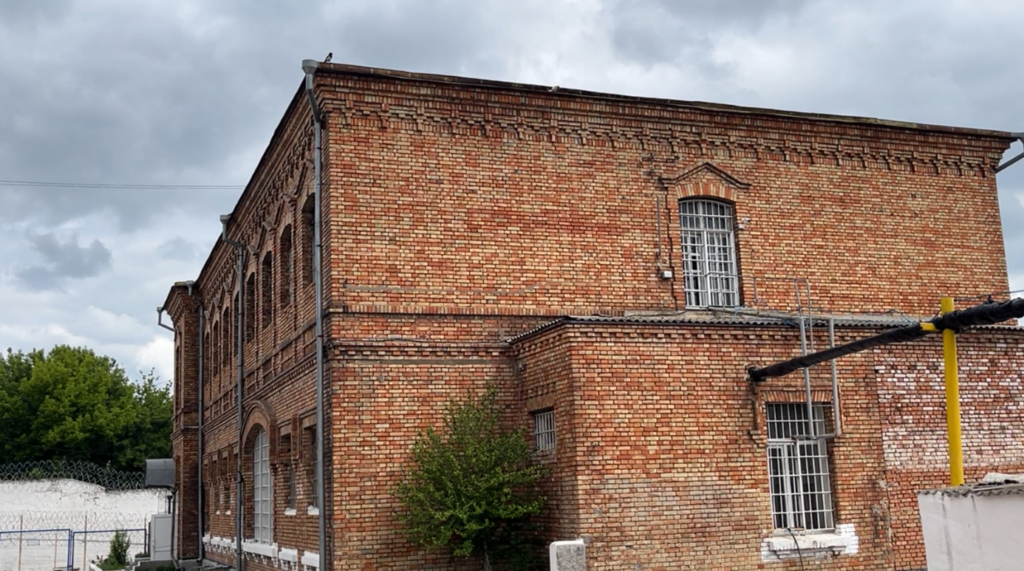The main priority of the International Committee of Red Cross is to protect human life and alleviate and prevent human suffering. Since the escalation of the international armed conflict between Russia and Ukraine, the ICRC has massively scaled up its operations in the areas controlled by the Ukrainian government.
Among the main activities of the ICRC is to meet the basic needs of the civilian population and ensure the functioning of essential infrastructure. In 2022, when active hostilities were underway near Mykolaiv, the city was left completely without water. Due to constant attacks, the water pipeline that supplied all of the city’s homes was destroyed. ICRC helped to resolve a drinking water issue in the Mykolaiv pre-trial detention centre.
“Previously, we had no problems with water supply, the city’s water network provided all the water this pre-trial detention centre needed. When the armed conflict began, first we experienced water supply disruptions. And after the water pipeline that supplied Mykolaiv was destroyed in Kherson, Mykolaiv including this pre-trial detention centre was left without water. We asked all charity organizations to deliver water to us so we could continuously cook meals and distribute water to the inmates,” says Serhii Shamshura, the head of the Mykolaiv pre-trial detention centre, speaking about the first months since the escalation.
The centre’s head says they were never left completely without water, but they did face serious challenges related to delivery, logistics and regular supply. In addition to the absence of tap water, the city was left without power. On top of that, the number of inmates increased.
“At the time, we had a very high number of inmates. After Kherson was occupied, a lot of them were moved to Mykolaiv, so we had the capacity and duty to lodge them, feed them and provide them with clothes because those people arrived here carrying various problems, so to speak. Not only had they lost contact with their loved ones and relatives, but they had also sustained psychological trauma, so all the staff of our detention centre had to deal with a number of issues,” recalls Mr Shamshura.
The ICRC Delegation in Ukraine was among the first to respond to the call for help. As water supply is an essential need for all humankind, our team decided to arrange continuous water supply and then to install water purification equipment at this facility.
“As an organization, this pre-trial detention centre did not receive any more water supply for its detainees. Part of the work of the ICRC in detention is to support the prison authorities in making sure that prisoners have access to adequate facilities. In this case, part of it was water. In addressing the water crisis at the Mykolaiv pre-trial detention centre, the ICRC first did water trucking for over a year in partnership with the Ukrainian Red Cross. However, later the ICRC funded the installation of a water treatment plant which allowed the detention centre to have the water treated and make it drinkable,” says Rossianna Akinyi Madara, an ICRC generalist delegate in Ukraine.
According to the head of the Mykolaiv pre-trial detention centre, first they only asked the ICRC to help with the deliveries of drinking water, but the organization simultaneously made an assessment of the situation and found it advisable, to enable a sustainable solution, to install an autonomous water purification system on site.
“We compared the cost of having water delivered and such a system installed to supply our detention centre and saw that it would be cheaper and more efficient to install this purification equipment. We thus concluded that we indeed needed it. Together, we found a location where it could be installed, and planned how water could be distributed and how the system would be connected to the cells. ICRC engineers came and saw that such a system could be installed here,” Mr Shamshura explains.
Today, the water purification system successfully operates at the detention centre and supplies all the drinking water they need.
“Raw water supplied by the city’s water system goes through all the filters – there are more than ten of them here. Then the purified water is supplied to five water tanks via a pipeline. Each tank can hold a tonne of water. Then it is pumped to cell blocks where there are taps that distribute water to the inmates. This equipment can produce 700 litres of water per hour. It is enough for our needs, this centre consumes up to five cubic metres of drinking water per day,” says Ivan Koval, deputy head of the Mykolaiv pre-trial detention centre for quartermaster and welfare support, as he shows us how the equipment functions.
Currently, the detention centre can independently supply its inmates with drinking water. The purified water is used for drinking and cooking. It fully conforms to sanitary and hygienic standards.
“After three months of use, filters were changed and the equipment was tested, chemical tests of water samples were conducted and the water was found to conform to all applicable standards,” the head of the Mykolaiv pre-trial detention centre adds.
As part of the ICRC’s mandate, its representatives regularly visit penitentiary facilities. In addition to the support in solving the water supply problem at the Mykolaiv pre-trial detention centre, during the most challenging times our team provided them with firewood so they could cook meals using field kitchens. Then we provided them with power generators and helped install windows in one of the cell blocks where inmates are held.
Learn more: Water and habitat: Protecting health and dignity in prisons

